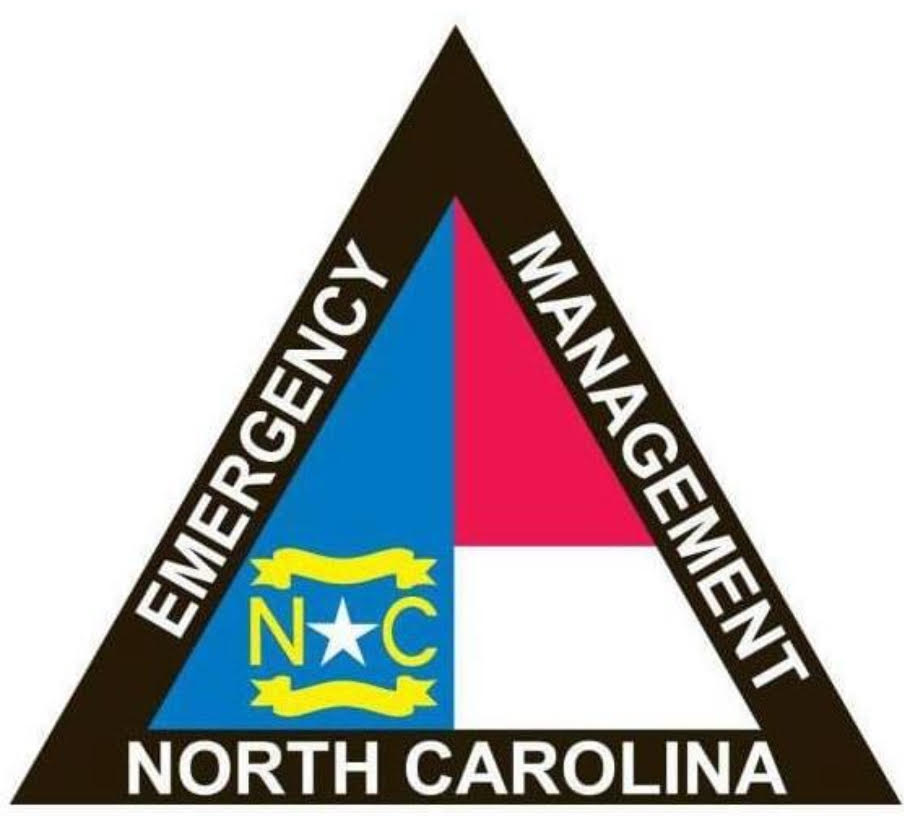
Special to IFN
RALEIGH — Air search and rescue teams flew 48 additional missions on Saturday, locating 39 survivors stranded in Western North Carolina after Hurricane Helene brought catastrophic flooding to the region. So far 6,586 people and counting have been rescued, evacuated or assisted by search and rescue teams since the storm hit.
Almost 50 search and rescue teams have deployed more than 1,600 responders to the region over the past 10 days. Local and state emergency responders now have the assistance of approximately 1,700 North Carolina National Guard and 1,000 active-duty military personnel.
“Continuing search and rescue missions in rough terrain, better communications and more resources on the ground are helping as we race to find missing people, reunite families and coordinate the delivery of supplies,” said Gov. Roy Cooper. “The people of Western North Carolina are strong, and they deserve every bit of help we can get them. I’m so grateful for everyone stepping up to help as we dig out from this unprecedented storm.”
At Cooper’s request, nearly 1,000 soldiers from Fort Liberty and Fort Campbell have been mobilized to assist with search and rescue and coordination of air traffic to ensure the safety of relief missions. They are partnering with the N.C. Department of Transportation to help speed the clearing of roads, and with county emergency managers to distribute commodities including food and water. An additional 500 active-duty soldiers will join those already deployed.
Communications in the region are improving rapidly, making it easier to identify help needed by communities and people. Cellphone providers reported significant gains in service coverage Sunday, with an estimated 80 percent of access to cell service in the region restored. Federal Emergency Management Agency teams will install a fiber optic cable to support telecom partners in restoring communications to the remaining inaccessible areas. An additional 30 Starlink satellite systems have arrived and will support search and rescue efforts underway at the North Carolina Emergency Response Center and at mobile locations.
People and crews in hard hit areas are urged to be careful when removing debris, to ensure they do not disrupt fiber optic cables or cell tower infrastructure critical to keeping communications open. People in the area should restart their cell phones periodically to allow the devices to reconnect to repaired infrastructure.
N.C. National Guard and Military Response
Cooper activated more than 1,700 North Carolina National Guard soldiers and airmen who are conducting ongoing search and rescue operations and delivering critical supplies. Active-duty military personnel and equipment requested by the Governor are now also part of response efforts.
National Guard and military personnel from North Carolina and other states are operating more than 50 helicopters and more than 716 specialized vehicles in Western North Carolina to facilitate these missions. The U.S. Army Corps of Engineers is helping to assess water and wastewater plants and dams.
FEMA Assistance
More than $30.2 million in FEMA Individual Assistance funds have been paid so far to Western NC disaster survivors and more than 96,747 people have registered for Individual Assistance. Nearly 1,700 people are now housed in hotels through FEMA’s Transitional Sheltering Assistance. Federal partners have delivered more than 6.1 million liters of water and more than 4.1 individual meals in North Carolina to support both responders and people living in the affected communities.
More than 700 FEMA staff are in the state to help with the western North Carolina relief effort. In addition to search and rescue and providing commodities, they are meeting with disaster survivors in shelters and neighborhoods to provide rapid access to relief resources. They can be identified by their FEMA logo apparel and federal government identification.
The Major Disaster Declaration requested by Governor Cooper and granted by President Biden now includes 27 North Carolina counties (Alexander, Alleghany, Ashe, Avery, Buncombe, Burke, Caldwell, Catawba, Clay, Cleveland, Gaston, Haywood, Henderson, Jackson, Lincoln, Macon, Madison, McDowell, Mecklenburg, Mitchell, Polk, Rutherford, Swain, Transylvania, Watauga, Wilkes and Yancey) and the Eastern Band of Cherokee Indians.
North Carolinians can apply for Individual Assistance by calling 1-800-621-3362 from 7am to 11pm daily or by visiting www.disasterassistance.gov, or by downloading the FEMA app. FEMA may be able to help with serious needs, displacement, temporary lodging, basic home repair costs, personal property loss or other disaster-caused needs.
Help from Other States
More than 1,600 responders from 35 state and local agencies have performed 102 missions supporting the response and recovery efforts through the Emergency Management Assistance Compact (EMAC). This includes public health nurses, emergency management teams supporting local governments, veterinarians, teams with search dogs and more.



